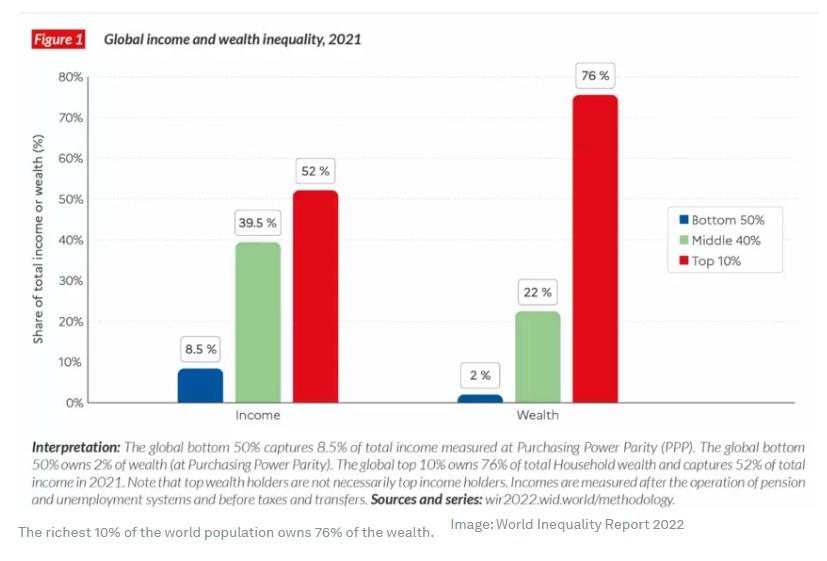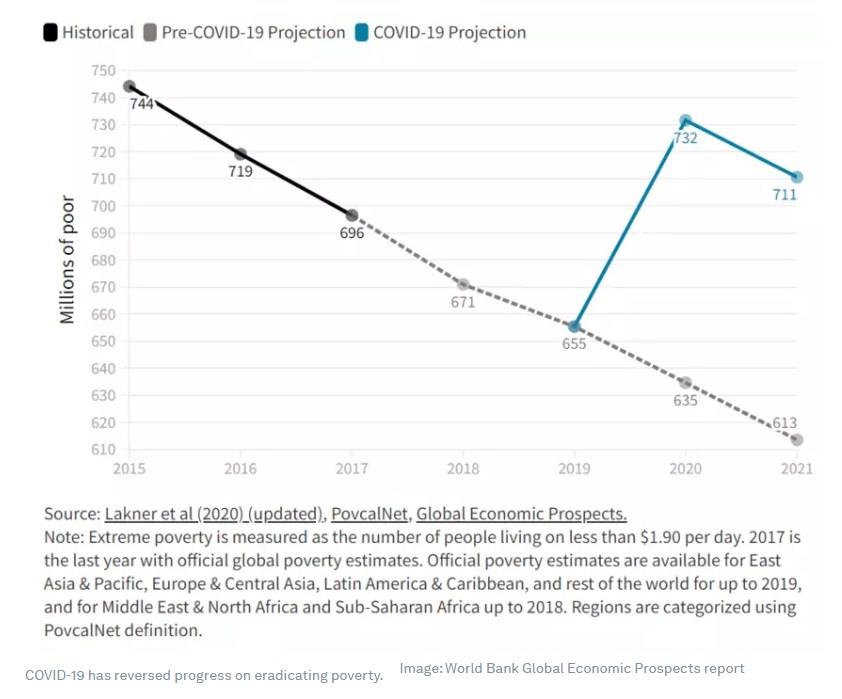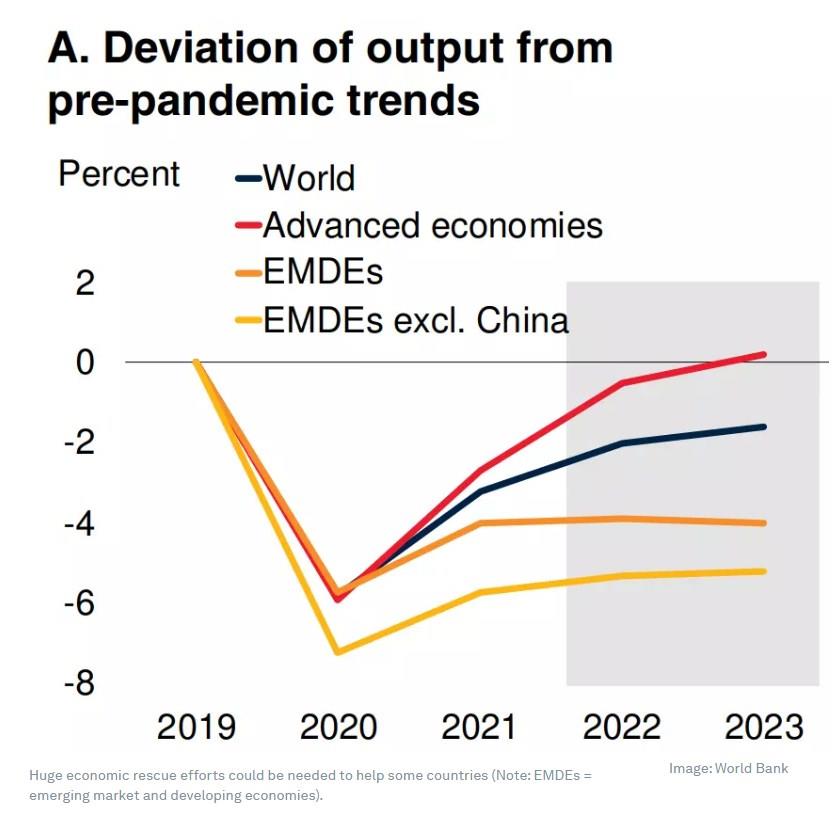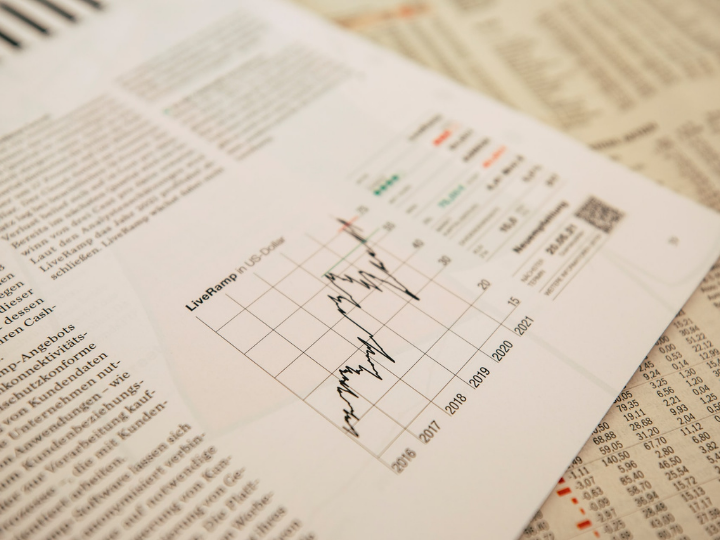by Patrick Henry*
The world is facing a surge in economic inequality accelerated by COVID-19 and exacerbated by the impact of the war in Ukraine. Governments need to initiate urgent change to tackle extreme poverty and narrow the gap between rich and poor, laying the foundations for a more equal and sustainable future.
The numbers reveal the extent of the problem. The richest 10% of the world population owns 76% of the wealth, while the poorest half owns just a sliver, according to the World Inequality Lab. Global economic inequalities are now as extreme as they were at the peak of Western imperialism in the early 20th century, the Paris-based research group says in a report.

The pandemic wiped out years of progress in reducing poverty and caused economic inequality to spike. The world’s 10 richest men have doubled their fortunes since the global health emergency began, while the incomes of 99% of humanity are worse off as a result, according to Oxfam. More than 160 million people have also been pushed into poverty, the UK charity estimates.
Now Russia’s war in Ukraine is deepening the gloom. Beyond the battlefield, the conflict has upended commodity markets and global supply chains, driving up prices for energy and food.
For developing countries that are highly dependent on fuel and food from Russia and Ukraine, the impact of the war will be devastating, according to International Monetary Fund Managing Director Kristalina Georgieva. “To put it very simply, a war in Ukraine means hunger in Africa,” she told Foreign Policy magazine.
COVID-19 has caused more economic inequality
Even before the war, the recovery of emerging-market and developing economies from the pandemic recession was weak, sending inequality between rich and poor countries back to levels last seen a decade earlier, the World Bank says.

Economic inequality within countries remains particularly high in developing regions, which are home to about two-thirds of the world’s extreme poor, according to the bank’s Global Economic Prospects report.
The war has made this difficult situation worse. Economists at the United Nations (UN) Conference on Trade and Development have trimmed their global growth forecast for 2022.
And with inflation soaring and developing countries already saddled with $1 trillion of debt, the UN body says an economic rescue effort with the scale and ambition of the Marshall Plan in the aftermath of the World War II could be needed to keep poor and even middle-income countries from going under.

Policies to tackle poverty and economic inequality
To address this issue, global policy-makers need to recognize that the current gulf between rich and poor is not inevitable, the World Inequality Lab says. The experience of many European countries and China – which have relatively low levels of economic inequality compared with countries such as the US and India – show that the right policies can make a difference.
The first, critical task is to kick-start economies by stepping up global vaccination efforts, the World Bank says. The main obstacle in 2021 was limited access to doses, with low-income countries suffering the most. Oxfam says people who live in low- and middle-income countries are around twice as likely to die from COVID-19 as those in rich countries. This “vaccine apartheid” is “supercharging inequalities worldwide”, the charity says.
Efforts are also needed to provide governments in developing countries with greater financial resources to tackle economic inequality. Key areas to focus on will be supporting vulnerable populations and expanding access to key services such as education and healthcare.
Governments have become significantly poorer over the past 40 years as the private sector has acquired an ever-larger share of total wealth – a trend magnified by heavy government borrowing during the pandemic, according to the World Inequality Lab.
Immediate action is needed to mobilize financial assistance and accelerate debt-relief efforts for poorer countries, according to the World Bank. One recent positive step was the $93 billion replenishment of the International Development Agency to help low-income countries respond to the pandemic and rebuild their economies.
Finally, enabling social spending while investing more in infrastructure, adaptation to climate change and the transition to clean energy will require countries to prioritize spending and consider expanding their tax base.
Possible prescriptions include progressive taxes to redistribute wealth and investment through programmes such as universal healthcare that benefit all of society. Oxfam estimates that a graduated tax on the rich could raise as much as $2.5 trillion a year.
*Senior Writer, Formative Content
**first published in: www.weforum.org




 By: N. Peter Kramer
By: N. Peter Kramer
